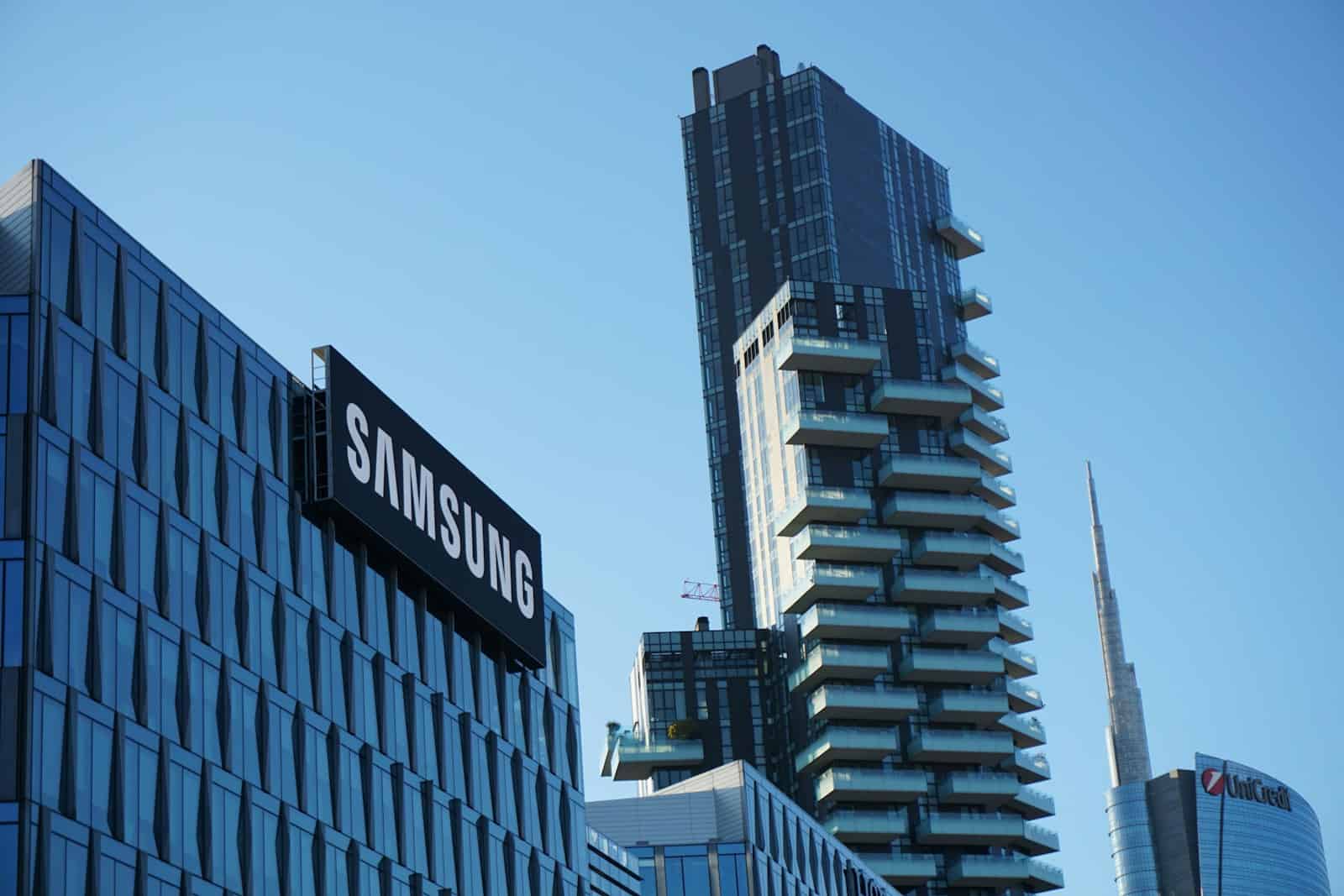
Photo by Babak Habibi on Unsplash
Samsung Is Reusing Wastewater for Chip Production
April 3, 2024
In the realm of semiconductor manufacturing, water is a precious commodity. Each chip demands thousands of gallons of ultrapure water to come to life, purified meticulously to rid it of any impurities, such as fine particles and microorganisms. Samsung has figured out a way to use wastewater for semiconductor microchip production.
With the global chip shortage intensifying the thirst for semiconductors, Samsung Semiconductor is gearing up to expand its production lines. But this expansion comes with a hefty water demand, projected to more than double by 2030.
To tackle this challenge, Samsung is taking a groundbreaking approach: repurposing wastewater. In a bold move toward sustainability, the tech giant plans to purify a staggering 400 million liters (105.668 million gallons) of wastewater daily for chip manufacturing.
This wastewater, sourced from local sewage, will undergo rigorous treatment at Samsung’s Hwaseong plant. Through multiple stages of filtration and purification, every drop will be cleansed of impurities to ensure it meets the strict standards required for semiconductor production.
By embracing this initiative, Samsung aims to significantly reduce its reliance on freshwater sources, contributing to broader water conservation efforts.
In an industry often criticized for its environmental impact, Samsung’s commitment to sustainable production sets a new standard. The utilization of wastewater not only addresses the pressing water needs but also showcases a forward-thinking approach toward environmental responsibility.
As Samsung leads the charge toward sustainable chip manufacturing, the ripple effect is expected to be profound. With other companies likely to follow suit, this initiative could herald a transformative shift toward more eco-friendly practices within the semiconductor industry.
Recent News
EV Battery Tax Credit Rules Change in the US
The U.S. government has made some tweaks to electric vehicle (EV) tax credits, possibly paving the way for more EVs to qualify for credits of up to $7,500. These tax credits range from $3,750 to $7,500 for new EVs, with a $4,000 credit available for used ones.
Apple’s Record-Breaking $110 Billion Stock Buyback
Apple Inc., one of the world’s largest tech companies, has just made history with the largest stock buyback ever seen in the United States. The announcement comes as the tech giant’s board approved an additional $110 billion in share repurchases.
Moderna COVID-19 Vaccine Sales Drop 91%
Moderna’s only product is the vaccine that became popular during the pandemic.
Norwegian Cruise Line: No Clothes, No Problem on ‘The Big Nude Boat’
Clothing-optional vacations from Norwegian Cruise Line will start next year.

